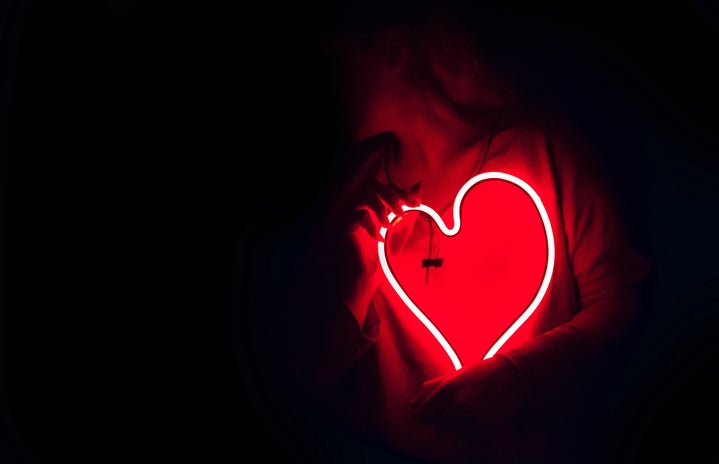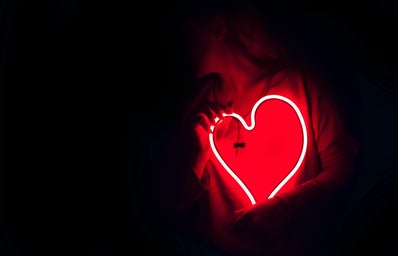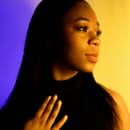February: the month of both Valentine’s Day and Black History Month. This is the month to play every romantic movie you have access to, whether it be a tear-jerking drama or a sappy romantic comedy.
But as a Black woman, in the very month Black people and their accomplishments are supposed to be recognized and celebrated, I found my pickings for romantic movies featuring people that looked like me to be very slim. Sure, I could play “Love & Basketball” for the billionth time or maybe even throw on an excessively melodramatic Tyler Perry movie, but I was always left unsatisfied. Where was our grand romance movie? Where was our “The Notebook”? Where was our “Titanic“?Black romantic movies, and often Black movies in general, are often taken less seriously by production companies. And I think it shows in the quality of the films, which can oftentimes be too predictable, shallow and even stereotypical for my taste. So many Black romances are also portrayed romances with so much drama and baggage that often tinged on the side of unhealthy. And then, there were so many outright portrayals of women overcoming unhealthy and abusive relationships to find “true” love (think Tyler Perry’s “Diary of a Mad Black Woman”). I wanted more. And I think many other Black women did too. Representation matters and Black couples weren’t getting the full extent of it in film.
Barry Jenkins heard our requests and delivered. The film adaptation of “If Beale Street Could Talk” was a sweeping and touching portrayal of young Black love. It was sincere and believable. The characters were reasonable and respectful of one another. The main family was truly an example of what all forms of love should be, whether it is familial, paternal or maternal or romantic.
For once, I could sit down at a Black romance and not worry if there would be unhealthy behaviors or even abuse between the main couple. Instead, I sat down and enjoyed the honest depiction of the subtle intricacies of love: the comfortable silences, the passing glances, the budding attraction, the beaming smiles. And with all of this set within a greater social context regarding the treatment of young Black men in the prison system and racism, whew, you better believe I blubbered all throughout this movie.
As a young Black girl, due to the lack of representation, I often thought the picturesque love portrayed in movies wasn’t something made for me. And if I did happen to find love, that I would have to face countless instances of abuse and drama before having my own happily ever after. Hollywood perpetuated these stereotypes and, without proper representation to refute these them, I believed them.
But when I saw “If Beale Street Could Talk” and other representative romantic movies like it, such as “Crazy Rich Asians” and “Bend It Like Beckham”, they made me feel as though I was just as deserving of healthy and romantic love as any typical white female romantic movie lead. Films like these affirm to minorities, particularly little Black and brown girls, that their stories and their love are just as worthy as any other. That is why we need representation this Valentine’s Day.



